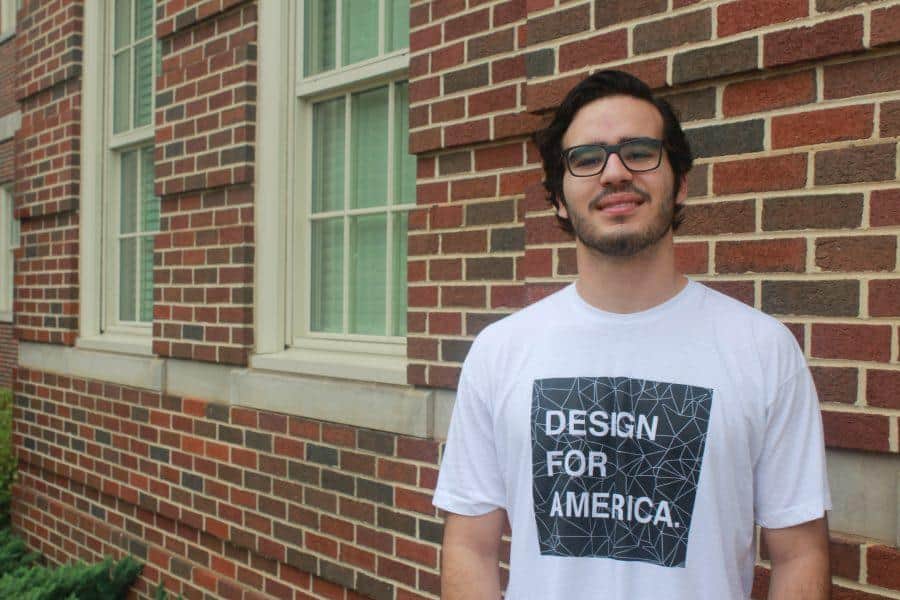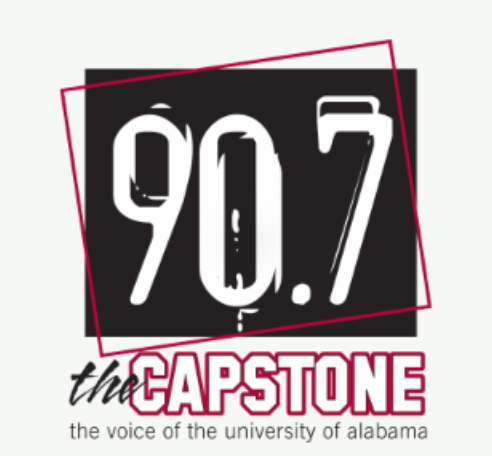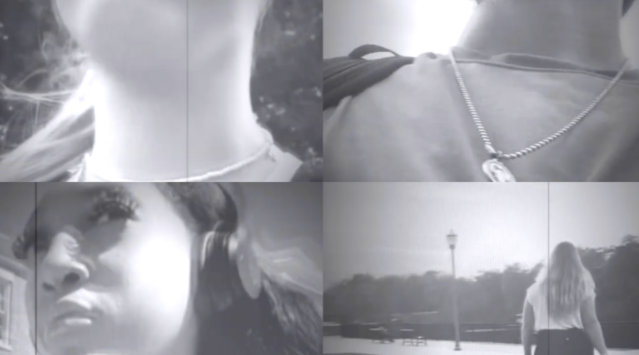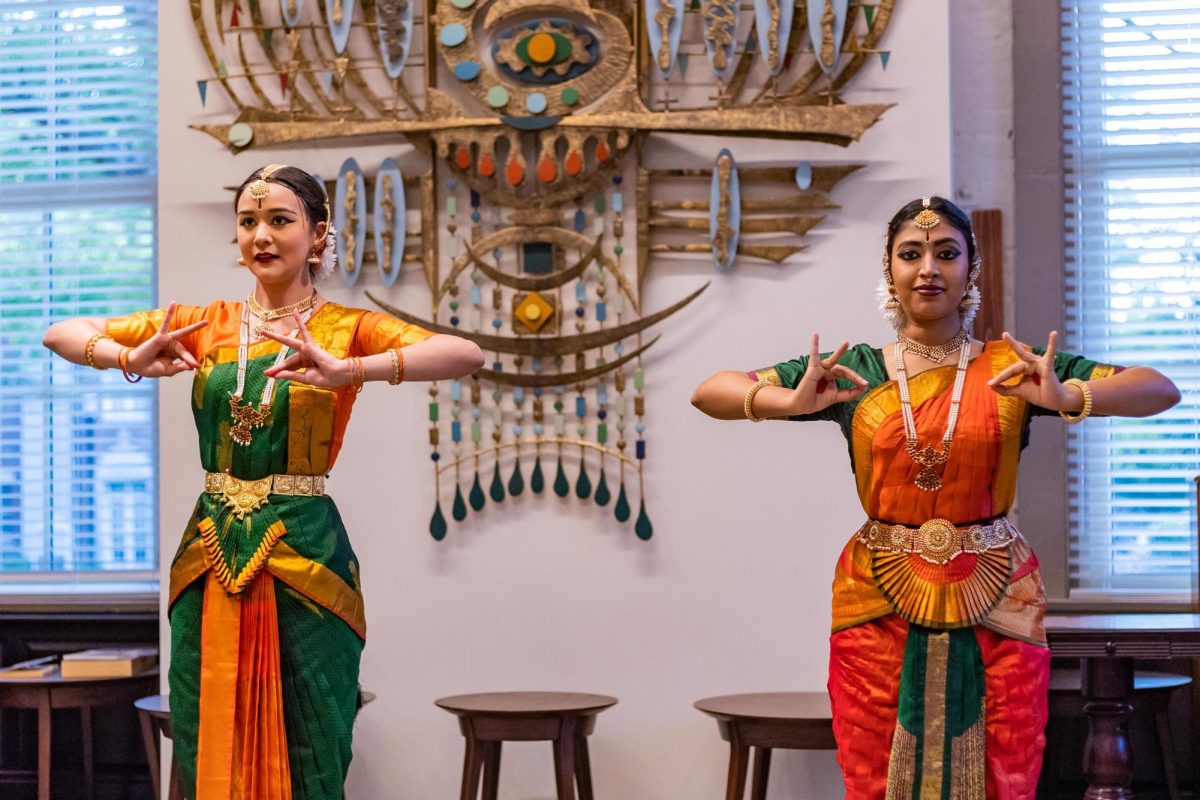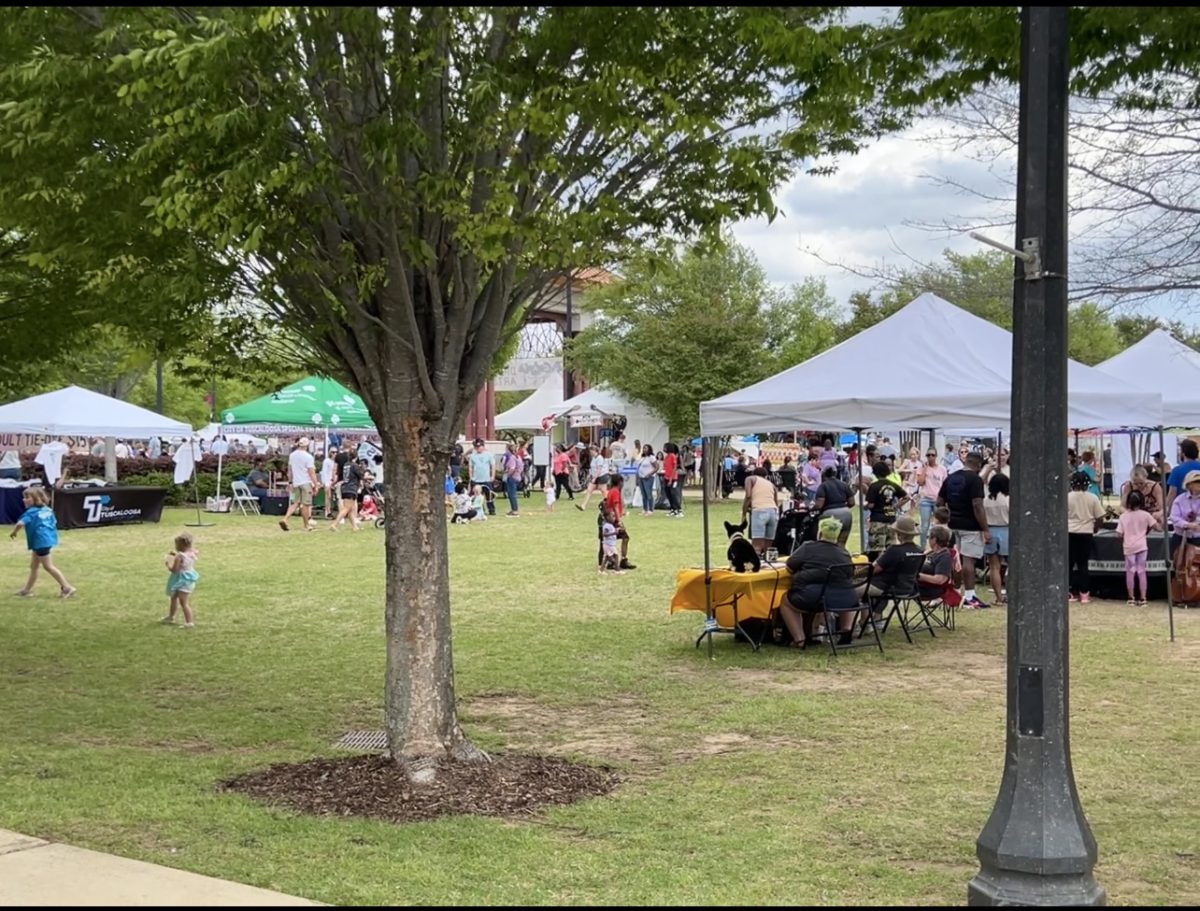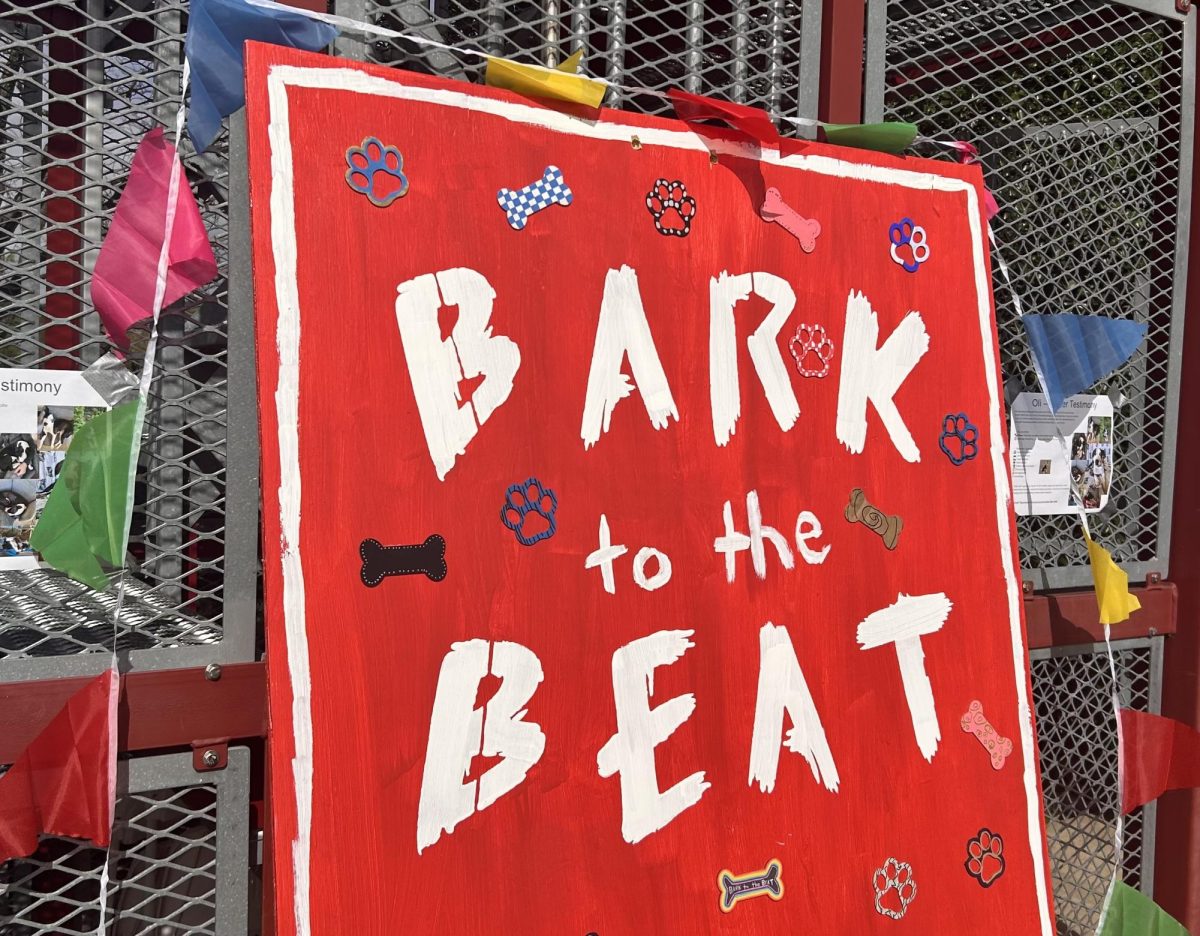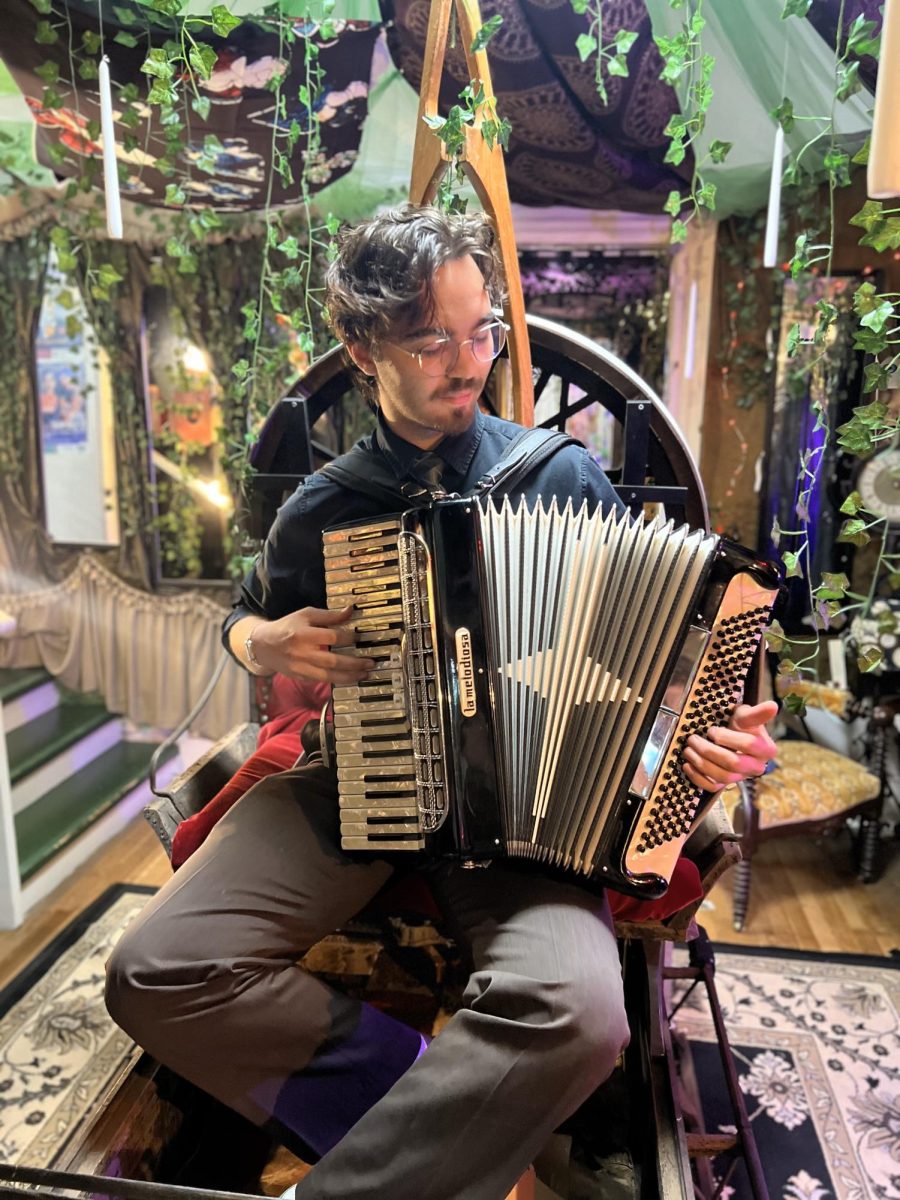One organization stands out on campus by using creative thinking to help others.
Design for America, a national non-profit, has chapters, or “studios” at campuses all over the country. The organization provides a platform for college students to use design techniques to support local projects. Campus studios have taken on projects like reducing campus waste, repairing flood damage and lessening the spreading of infections in hospitals.
Here at UA, the Design for America studio is looking to make a name for itself on campus.
“Design for America is a couple of things,” said Omer Bensaadon, a studio lead and senior majoring in MIS. “Our mission states that we are a cognitive playground, a change-maker in our community and a home for effective teams.”
With a frequent saying of “culture eats strategy for breakfast,” Design for America encourages teams to create solutions for various service projects and nonprofit initiatives.
“The thing is, as a nonprofit it’s tough to stop and rethink and improve when you’re constantly going and helping everyone nonstop,” Bensaadon said. “So our job is to come in as those nonprofit consultants in a way, and then in the community, to come in as community partners and partner with them to create really fun and exciting social programs.”
With a studio of no more than 15 or 16 students, Design for America at the University hopes to collaborate with community partners like the West Alabama Food Bank. This year, their goal is to launch a food insecurity project in Pickens County. Design for America also works with the Pickens Family Resource Center and STARS program to help children with homework and various life skills.
“The design process makes it so that we don’t set out with a specific mission statement, we try to explore our respective areas to make sure we’re making correct assumptions about the people we’re helping,” Bensaadon said.
Bensaadon is confident that members can achieve any project idea that comes to the table. With a “don’t tell me, show me” mentality, studio leads hope to challenge each member.
“In DFA you don’t need a title to have credibility, if you’re trying to help, you have credibility,” Bensaadon said. “If you’re trying to affect change and impact something, then you are empowered to do that thing in and through DFA.”
One member, Alex Coury, a junior majoring in MIS, joined Design for America because he wanted to impact the community in a tangible way.
“I fell in love with the organization’s culture and our Studio head, Omer Bensaadon’s mission to greater influence our local community,” Coury said. “DFA offers many valuable hands-on experiences and presents the opportunity to take many different design thinking approaches to projects. I decided to get involved because execution of a project is everything to me, and I believe DFA provides the opportunity to impact the community in a great way.”
Though Bensaadon and other studio members are confident in the initiative, Bensaadon is open about his concerns as hopes for the coming year.
“I’m both excited and anxious,” Bensaadon said. “Excited because I get to see what these studio members can do after such a rigorous interview process, but also anxious because this year is really make or break. Whenever you create something new, it’s going to be terrifying because it’s all on you and the people a part of our mission.”
Similarly, Digital Operations Studio Lead and junior majoring in Software Engineering and Math, Zach Hartzog, has high hopes for a lasting impact within and beyond the UA campus and Tuscaloosa area.
“Instead of making an impact in the now, DFA focuses on the future and strives to create sustainable change that makes a difference for years to come in the community and on UA’s campus,” Hartzog said. “We want to fix the problem, not provide a band-aid fix.”
Bensaadon hopes to take members beyond meetings and fundraising and give them a real chance to think and create.
“Like we often say, you can always donate your time, but DFA is about donating your brain,” Bensaadon said. “People in this community need to be donating their brain, like it’s great to go pack food on a Saturday, but if you really want to help at large, donate your cognitive ability as a University student, and I firmly believe DFA is a great place to do that.”



